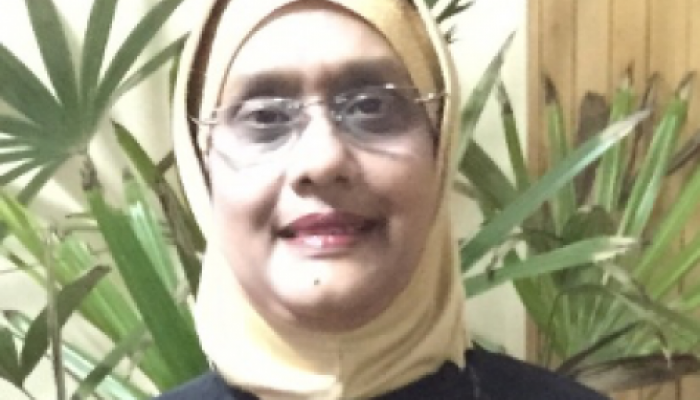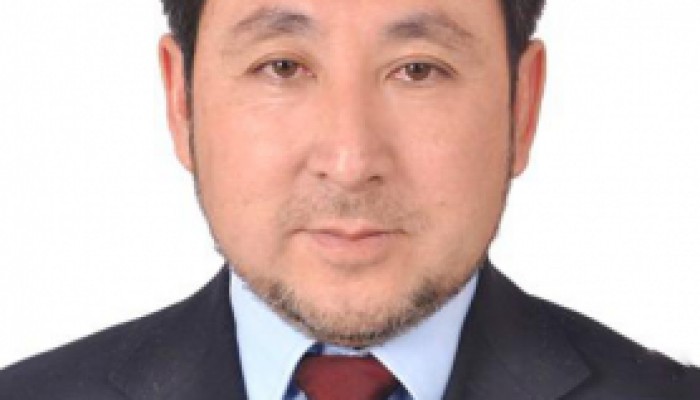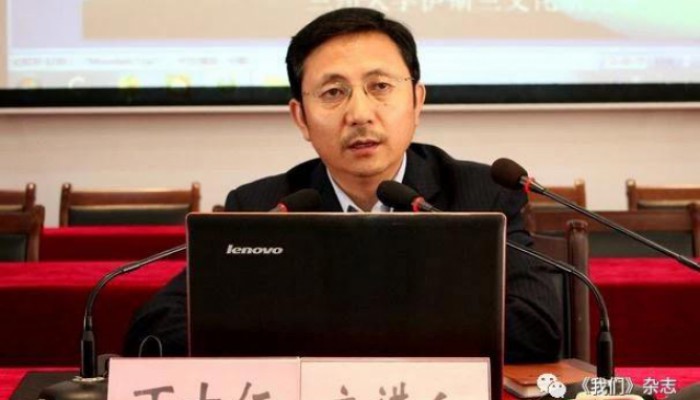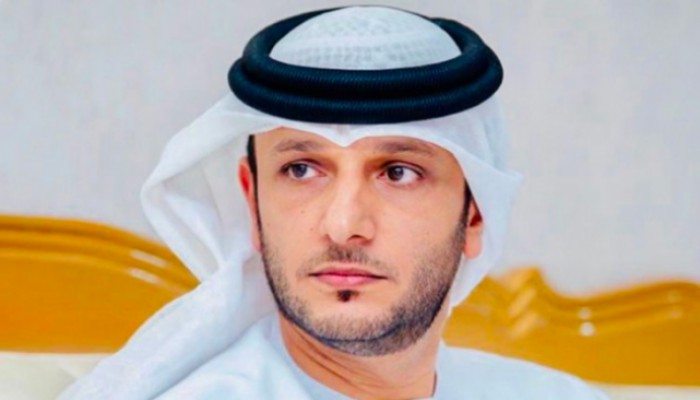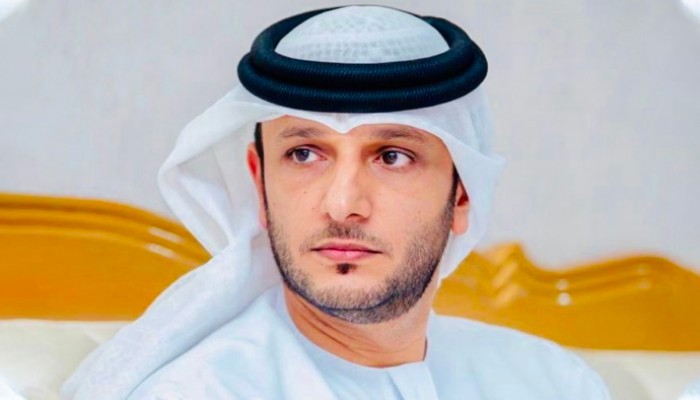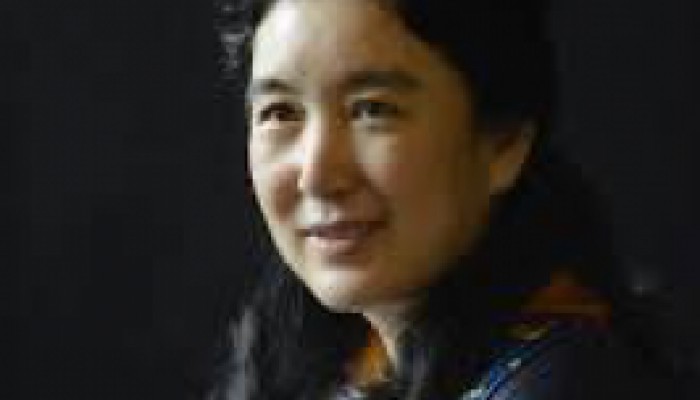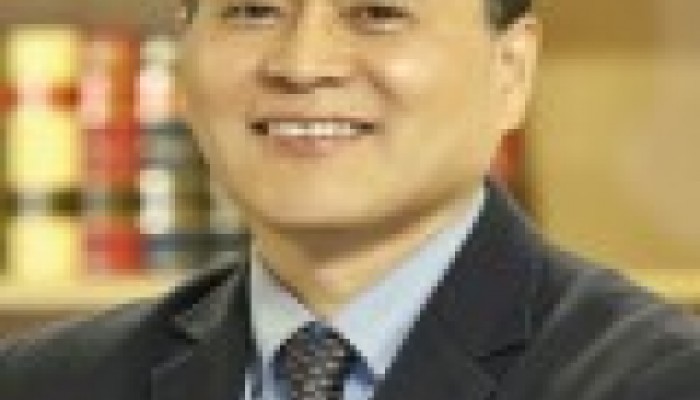
Korea and Muslim Communities: Historical Ties, Cultural Exchanges and Islamic Identity
- 2020-Mar-17
Contrary to popular belief that Islam was introduced to Korean Peninsula during the Korean War (1950~1953), Islamic history in Korea and Korea-Muslim world relations predate the 1950s by more than a millennium. Written references are few and far between, but there is sufficient documentation to demonstrate the existence of significant commercial ties. Striking artifacts from the fourth and fifth centuries allude to an ancient history of commercial and political relations between Korea and the peoples of the Middle East, which continued after the advent of Islam. Although the exact date of the arrival of the first Muslims in Korea has not yet been determined, relations between Korea and Muslim world can be traced to the middle of the ninth century. These contacts between Muslims and Koreans on the Korean Peninsula are described in 23 Islamic sources written between the ninth and sixteenth centuries. These documents include writings from eighteen Muslim scholars, including Ibn Khurdadhbih, Sulaiman al-Tajir, Mas‘udi, and others.
The wide range of cultural and commercial contacts of Muslims with Korean peninsula could be continued until early 15th century along the revitalized Silk Road. At that time, such high-level Islamic civilizations as astronomy, medicine, calendar science, architecture, and weaponry contributed greatly to Korean society. Furthermore, during the medieval ages, many Muslims settled permanently and formed their own communities, which allowed them to preserve their cultural customs, traditions, and religious rituals. After 1427 CE, however, the Joseon dynasty(1392~1910) of Korea issued a royal decree that prohibited the performance of Islamic rites and the wearing of Muslim dress. As a result, Muslim settlers in Korea gradually shed the attire, customs, and rituals that had shaped their group identity for 150 years.
The contemporary Muslim community in Korea was established in the 1950s by Turkish Muslim soldiers who had participated in the Korean War. In addition to carrying out their military duties, they also propagated their religion and inaugurated a new era for Islam in Korea, with the result that Islam gradually spread in Korea. In the mid-1970s, Islam witnessed a period of rapid development in Korea when a number of oil-rich Arab states extended generous assistance to Korean Muslims. The Seoul Central Mosque and Islamic Center, built in 1976, has become a symbol of Korean-Muslim cooperation and Muslim society in Korea. At present, there are more than 20 mosques in Korea attended by roughly 40,000 local Muslims and 150,000 foreign Muslims.
Recently, the negative views and prejudices against Islam has occurred in Korea, mainly due to the terror-centered news delivered by popular media, as in other non-Muslim societies. Moreover, Korea's global education system has been contributing negative images of Islam through textbooks they brought internationally. Unfortunately, the growing tendency of Islamophobia in Korea, which is systematically produced and diffused by some extreme groups that have divisive influence on Korean society and particularly politics. They still intent on demonizing Muslims and attempting to keep them to the margins of society as a religious and cultural ‘other’. This poses potential threat for Muslim acceptance and integration in Korean society.
Even in these negative circumstances, the Korean Muslim community adopts several important strategic positions. First, the Korean Muslim community has always maintained friendly relationship with the Korean government, contributing to the nation and cooperating with the nation's crisis management. During the two oil shocks in 1973 and 1979 respectively, the Korea Muslim Federation(KMF) took the lead in overcoming the national crisis by persuading Arab brothers to help Korean government and has also served as a mediator and bridge to the Korean government's advance into the Middle East. Second, through good cooperation and solidarity with some 150,000 foreign Muslim workers who are in Korea, KMF is helping them adapt and settle in Korean society. Third, Korean society has recently accelerated its transformation into a multicultural society with the lowest birth rate in the world. Against this backdrop, the Korean Muslim community is taking a strategy in charge of a positive axis of multicultural society through dialogue and constant exchanges with other religions. Lastly, the Korean Muslim community stresses that Islam is not the religion of terrorism and relations with Muslim World are not initiated in the 1970s either for the construction markets or for the oil crisis, but were friendly neighbors and friends who had established ties with Korea earlier than any western country and brought about long-standing historical exchanges of more than 1,200 years.
Increased awareness of these historical ties would provide Koreans with an enhanced understanding of the place of Islam in Korean society as well as Muslim world affairs more broadly. In light of the significant economic ties that link Korea to Muslim world today, there is a growing need for Koreans to learn more about these historical and cultural patterns including Islamic tenets. Now the Korean Muslim community is at a more important juncture than ever to secure a stronger position and Muslim’s identity in Korean society.
Hee Soo Lee, Ph.D.
Professor, Department of Cultural Anthropology
Hanyang University,
South Korea
